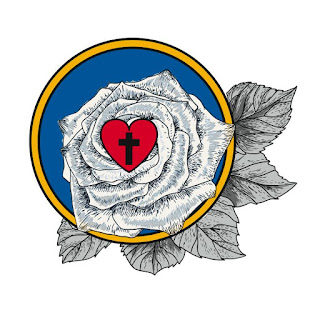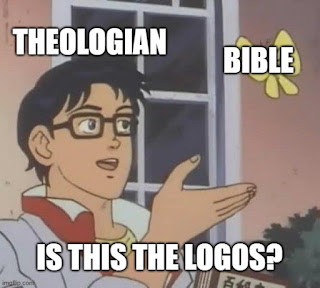Conclusions

Hey, we made it all the way, from Ash Wednesday to Easter! We’ve given the 7 Central Things of Worship a look with fresh eyes. We’ve engaged with scripture, reflected on some ideas and authors and the world as it is; I’ve offered some preliminary maxims about these aspects of Christian practice, and we’ve prayed. As I finish up this 17,000 some word devotional, I am aware of its inadequacies, and more so still my own. None the less, I hope I have pointed to God, who is gracious and faithful, who meets us in worship and in the world, who loves each one of us so very deeply. I hope this message can be heard in a world that can be indifferent and overwhelming, where idleness, isolation, and individualism can drown out the Spirit’s message. I hope these reflections deepen your Christian practices: meeting Jesus in word and sacrament, re-membering community, discerning reconciliation, habits of gratitude, and joyfully witnessing to your neighbor in action and






